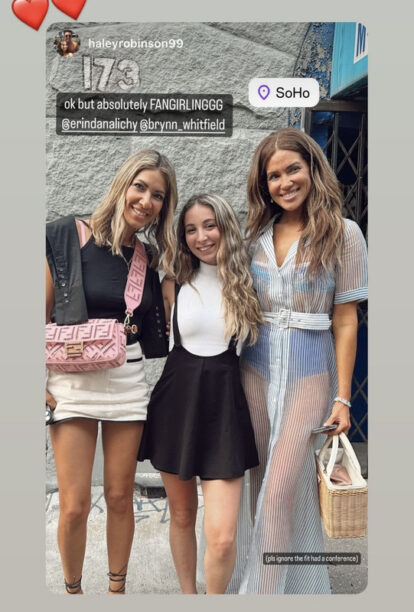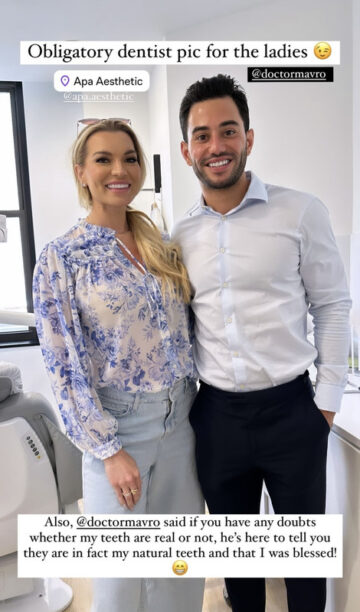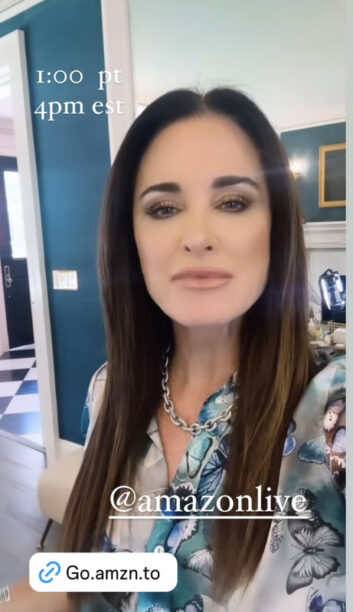The Best Question to ask yourself When Losing Weight after 60

After losing 55 lbs. in my 40s and keeping those pounds off for 16 years now (I’m 57 today), there was a reliable go-to question that I asked myself almost every day, and I want to share its power with you.
When my husband – mostly lovingly known as The Scarfer – brings home his seemingly endless supply of calories this is what I ask myself:
Do I want to be a size 8, or do I want those short bread cookies (with sprinkles)?
Now don’t be fooled, this little question appears to be simple, but it is doing some seriously heavy lifting.
A Game-Changer
You see, when gorgeous bakery treats show up in my kitchen via The Scarfer, the cave woman in me goes a little bonkers and thinks, Oh look! Beautiful short bread cookies. With pretty, pretty sprinkles! Mine!!
And the angels sing.
Do I Want Pancakes?
But with lightning speed, I’ve learned to ask myself,
- Do I want to be a size 8, or do I want short bread cookies (with sprinkles)?
- Do I want to be a size 8, or do I want to have pancakes on Sunday with the family?
- Do I want to be a size 8, or do I want to chow down on the (awesome) plate of Mexican with everyone else?
And – with this one question – I shift from my cave woman ‘eat every calorie in sight’ brain to my prefrontal brain who keeps the big picture in mind. She is organized, logical and calmly tells me, those calories do absolutely nothing for your size 8 plan.
And with that, I walk away from the cookies.
But in the Beginning
I didn’t use this exact question when I was a size 16. I took the goal of losing 55 pounds one step at a time, so back then I’d ask myself: Do I want to be a size 14, or do I want to eat half of the cherry pie?
Tweak the question to your own life. Ask yourself questions like these:
- Do I want to fit comfortably into my shorts, or do I want potato salad?
- Do I want to lower my blood pressure, or do I want fries with my no-sauce veggie burger?
- Do I want to be down five pounds for my September trip, or do I want cinnamon rolls?
There’s nothing easy about losing weight after 60, especially given our food-porn world. There’s junk food everywhere: in every grocery store, on every corner, in every restaurant.
Learning to live in a food-on-steroids world is crucial if we are to lose – and maintain – after 50.
I’ll leave you with this thought, I often throw my cave woman a bone. My prefrontal brain will tell my cave woman something like, “Look, if sprinkles mean that much to you, sprinkle them onto your banana and call it a day.”
Let’s Have a Conversation:
How do you take care of your own health goals while living with someone who brings home the calories? Do you live with the – misguided – notion that weight loss ‘should’ be easy? What strategies do you use to step away from the food-porn diet?
Read More















































